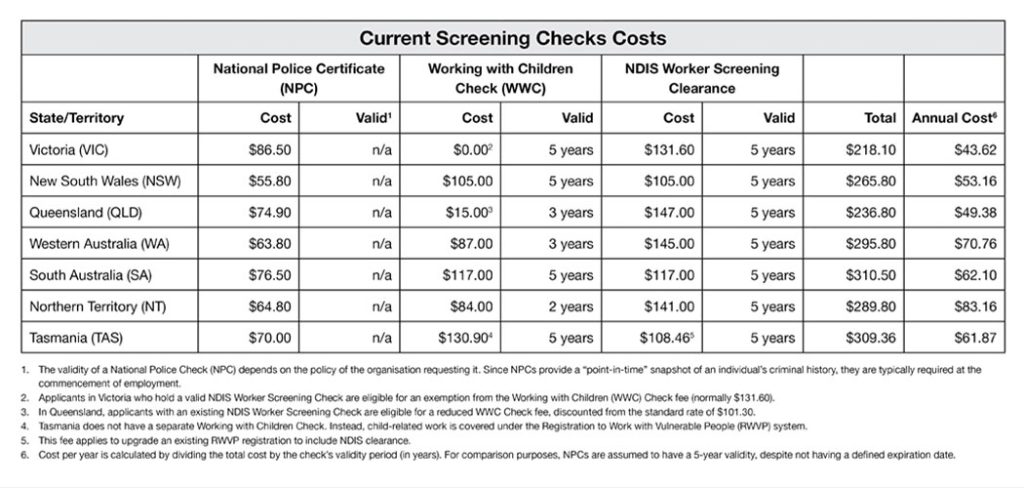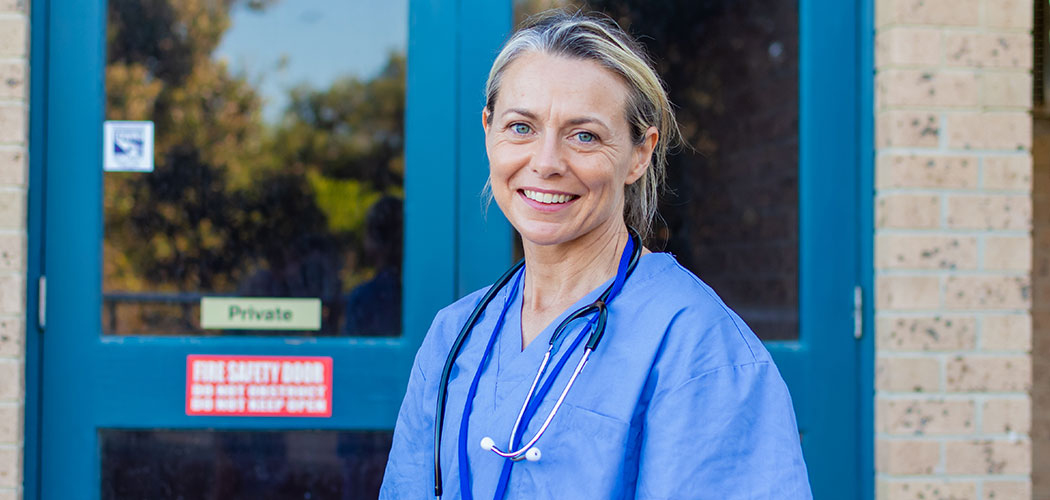The Albanese Labor Government has committed to streamlining national screening checks for nurses and midwives — a move that will cut red tape, save money, and make it easier for nurses and midwives to do their jobs.
In a letter to the ANMF, Labor pledged to work with state and territory governments to develop a single, national employment check for nurses and midwives, recognising that successful implementation will require collaboration across all jurisdictions.
If implemented, this important reform will significantly reduce the need for multiple, time-consuming criminal history and working with children checks. It will particularly benefit nurses and midwives working with vulnerable populations, helping them to meet employment requirements more efficiently.
What screening checks are nurses and midwives often required to undergo
- Criminal History
A Nationally Coordinated Criminal History Check (NCCHC) is currently mandated for nurses, however, this doubles up on nurses’ responsibilities to the NMBA/AHPRA as part of the registration process, where they must disclose any prior criminal history. Despite the NMBA/AHPRA overseeing nurses’ criminal history checks, many employers often require staff to provide additional, and separate confirmation.
- Working with Children Check
Nurses and midwives working in settings where they will be providing care for, or interacting with, children must undertake a WWCC. Each state and territory currently runs its own independent scheme, with different details and requirements, and clearance is typically not transferrable. This leads to duplication, inefficiencies, and confusion due to inconsistency between jurisdictions.
- National Disability Insurance Scheme
Nurses working with people with disabilities must have a valid NDIS worker screening clearance. Currently, clearance is valid for five years. While there are now minimum national standards in place enabling transferability between jurisdictions, worker screening checks are conducted in each state and territory by separate Worker Screening Units, and therefore, there are differences in terms of requirements and fees.
How much are nurses and midwives currently paying?
Screening Checks costs, and how long there are valid for, vary across Australia.

What impact will the changes have?
The ANMF believes that streamlining screening requirements for nurses and midwives by recognising their current NMBA/AHPRA registration as sufficient evidence of ongoing suitability for various roles, including when working with vulnerable populations. This will immediately reduce unnecessary duplication and, importantly, lead to greater workforce participation, responsiveness, and flexibility.








